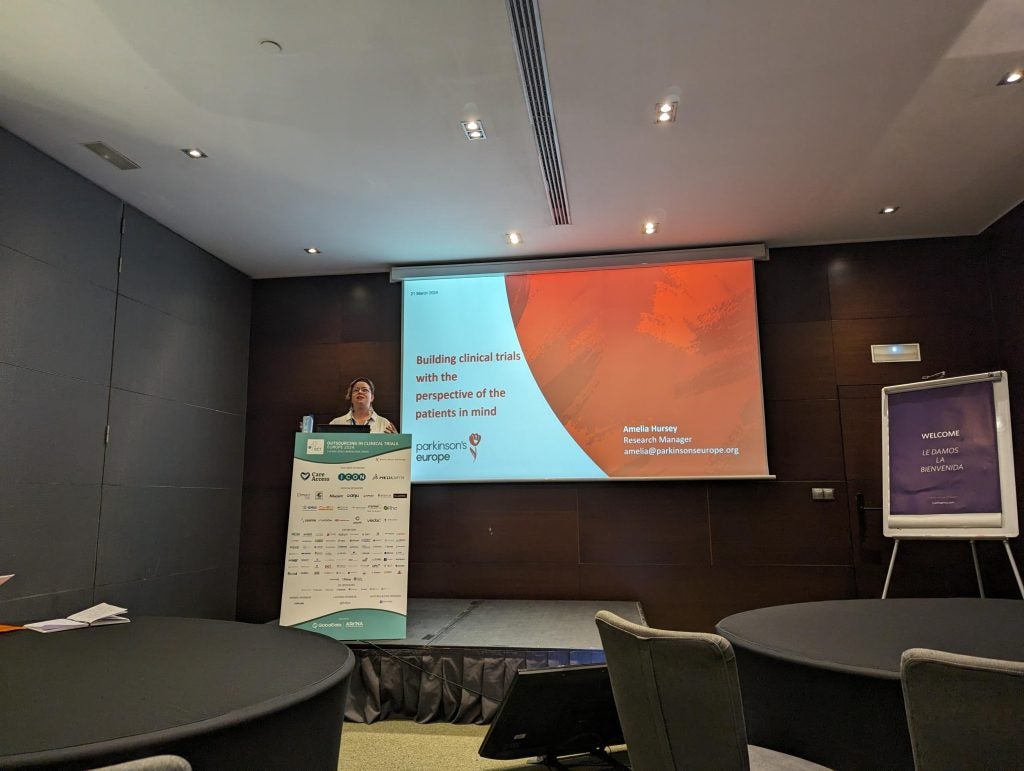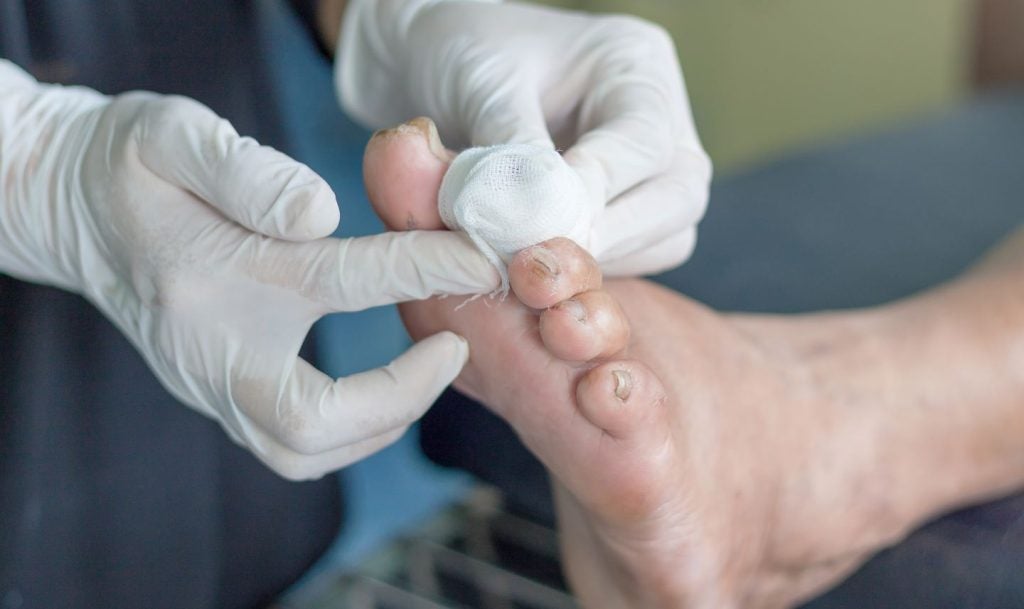Neurogene has shared initial safety and tolerability results from its ongoing Phase I/II clinical trial of NGN-401, a gene therapy candidate for Rett syndrome.
The open-label study is focused on assessing the safety, tolerability, and initial efficacy of NGN-401, administered via a one-time intracerebroventricular (ICV) infusion across two dosage cohorts.
The trial is currently enrolling female patients aged four to ten years with classic Rett Syndrome.
It also assesses the Clinical Global Impression-Severity (CGI-S) score, ranging from four to six, in both the low-dose Cohort 1 and the high-dose Cohort 2.
According to the initial data, NGN-401 was found to be well-tolerated by all three patients dosed, with follow-up periods of nearly nine, six, and three months post-dosing.
The reported adverse events (AEs) linked to NGN-401 were mild, or Grade 1, and either transient or resolving in nature.
The majority of AEs were found to be in line with known potential risks associated with adeno-associated virus (AAV) vectors, including asymptomatic laboratory value changes.
Importantly, no reports of signs or symptoms indicative of MeCP2 overexpression toxicity were reported.
Furthermore, there have been no treatment-emergent or ICV procedure-related serious adverse events (SAEs) observed in the trial.
Neurogene plans to publish interim clinical data, including efficacy outcomes, from Cohort 1 in the fourth quarter of this year.
Additional interim data, including results from Cohort 2, is anticipated in the second half of 2025.
The company presented the data during the American Society of Gene and Cell Therapy (ASGCT) Annual Meeting.
Neurogene founder and CEO Rachel McMinn said: “We designed NGN-401 to overcome the limitations of conventional gene therapy for Rett syndrome by incorporating our EXACT transgene regulation technology, which we believe provides tolerable and therapeutic levels of protein expression to the key areas of the brain and nervous system that drive disease.
“The NGN-401 data presented at ASGCT demonstrate a favourable tolerability profile in the first three pediatric patients, including one with a mild variant predicted to result in residual MeCP2 expression, with no signs or symptoms of overexpression-related toxicity reported in any patient.”
In December 2023, Neurogene dosed the first two female paediatric subjects in Phase I/II trial of NGN-401 to treat Rett Syndrome.
















